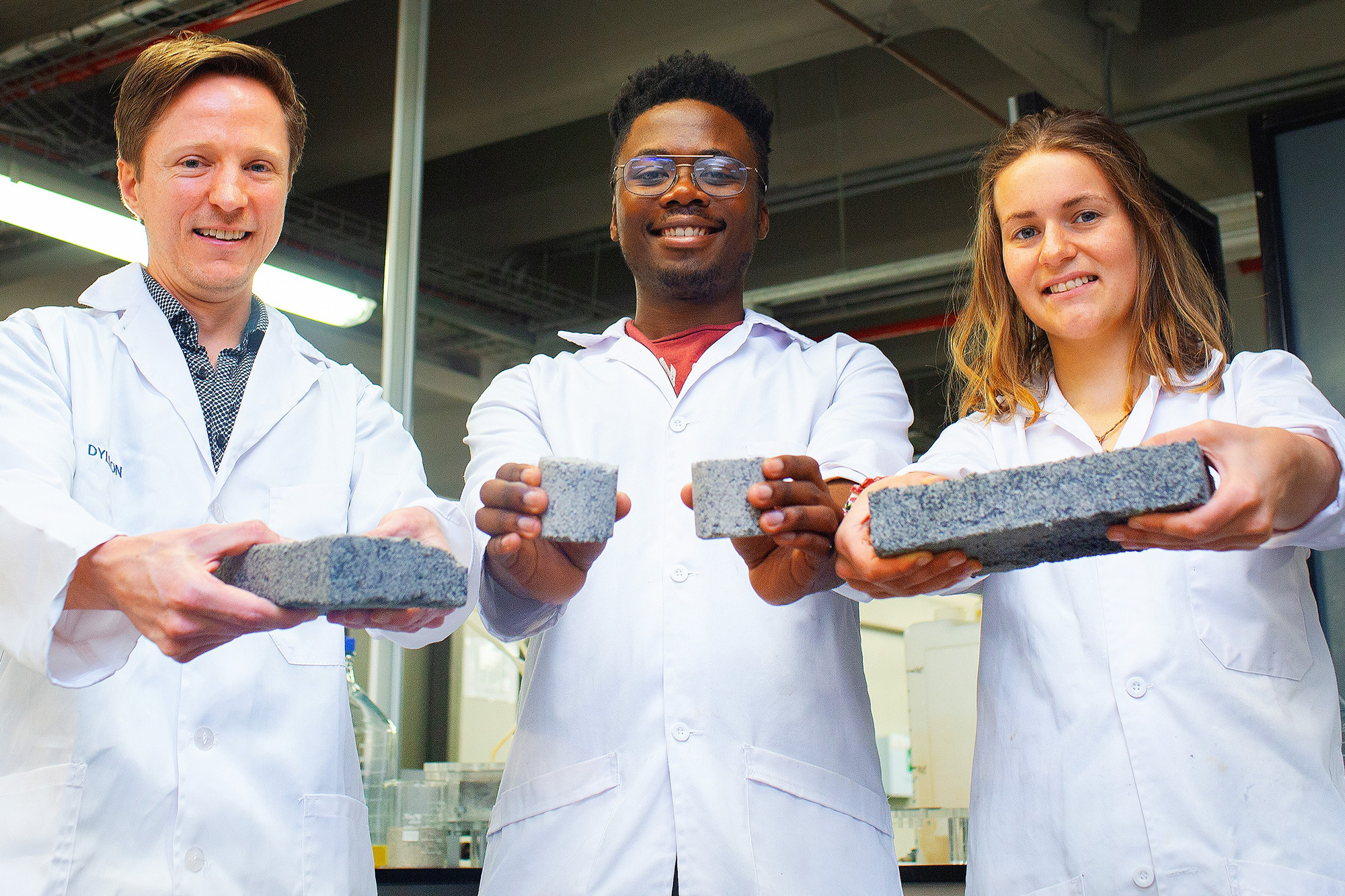"Live as if you will die tomorrow - plant as if you will live forever."
This is another BBC article with interviews with CEO's of Nestle and Cargil. They arguing along much the same lines as I am in this thread and many of the quotes are pointed and rather depressing but overall I find it hopeful in that if the heads of large organisations understand the problem and are going on the record, even evangelising, this is a step in the right direction.
The whole thing can be found here and is worth taking the time to read.
This is another BBC article with interviews with CEO's of Nestle and Cargil. They arguing along much the same lines as I am in this thread and many of the quotes are pointed and rather depressing but overall I find it hopeful in that if the heads of large organisations understand the problem and are going on the record, even evangelising, this is a step in the right direction.
"We are now in a new world with a completely different level of food prices because of the direct link with fuel," he says.
He says biofuels are only affordable because of the high subsidies they receive, particularly in the US.
"It is absolutely unacceptable and cannot be justified," he says.
"There is one demand that I have, and that is not to use food for fuel."
[re the]Water crisis Mr Brabeck-Letmathe [Nestle chairman] says politicians have not understood that the food market and the oil market are the same - they are both calorific markets.
"The only difference is that with the food market you need 2,500 calories per person per day, whereas in the energy market you need 50,000 calories per person," he says.
He says biofuels are only affordable because of the high subsidies they receive, particularly in the US.
"It is absolutely unacceptable and cannot be justified," he says.
"There is one demand that I have, and that is not to use food for fuel."
[re the]Water crisis Mr Brabeck-Letmathe [Nestle chairman] says politicians have not understood that the food market and the oil market are the same - they are both calorific markets.
"The only difference is that with the food market you need 2,500 calories per person per day, whereas in the energy market you need 50,000 calories per person," he says.


Comment